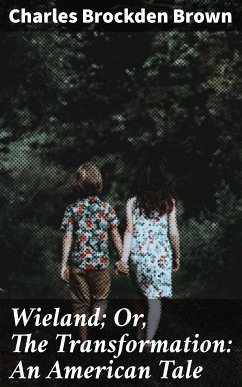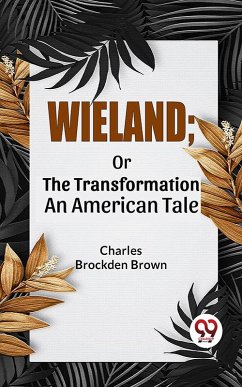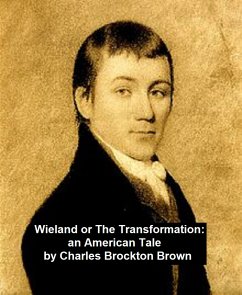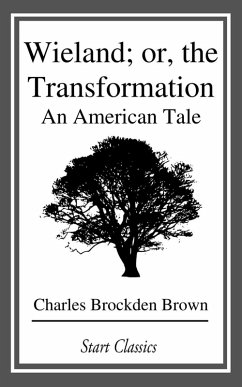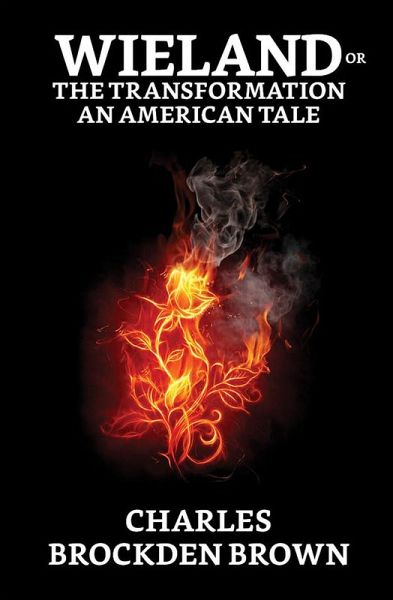
Wieland; Or, The Transformation: An American Tale (eBook, ePUB)
Versandkostenfrei!
Sofort per Download lieferbar
0,99 €
inkl. MwSt.
Weitere Ausgaben:

PAYBACK Punkte
0 °P sammeln!
Wieland: or, The Transformation: An American Tale, usually simply called Wieland, is the first major work by Charles Brockden Brown. First published in 1798, it distinguishes the true beginning of his career as a writer. Wieland is sometimes considered the first American Gothic novel. The obvious theme of Wieland is the criticism of religious fanaticism. The religious fanaticism of both Theodore and his father demonstrates the subjectivity of the human experience. based on the true story of a farmer who thought that angels had commanded him to kill his own family, is so clearly the forerunner ...
Wieland: or, The Transformation: An American Tale, usually simply called Wieland, is the first major work by Charles Brockden Brown. First published in 1798, it distinguishes the true beginning of his career as a writer. Wieland is sometimes considered the first American Gothic novel. The obvious theme of Wieland is the criticism of religious fanaticism. The religious fanaticism of both Theodore and his father demonstrates the subjectivity of the human experience. based on the true story of a farmer who thought that angels had commanded him to kill his own family, is so clearly the forerunner of the fiction of everyone from Hawthorne and Melville to Poe and Henry James to H.P. Lovecraft and Robert E.
Dieser Download kann aus rechtlichen Gründen nur mit Rechnungsadresse in A, D ausgeliefert werden.





